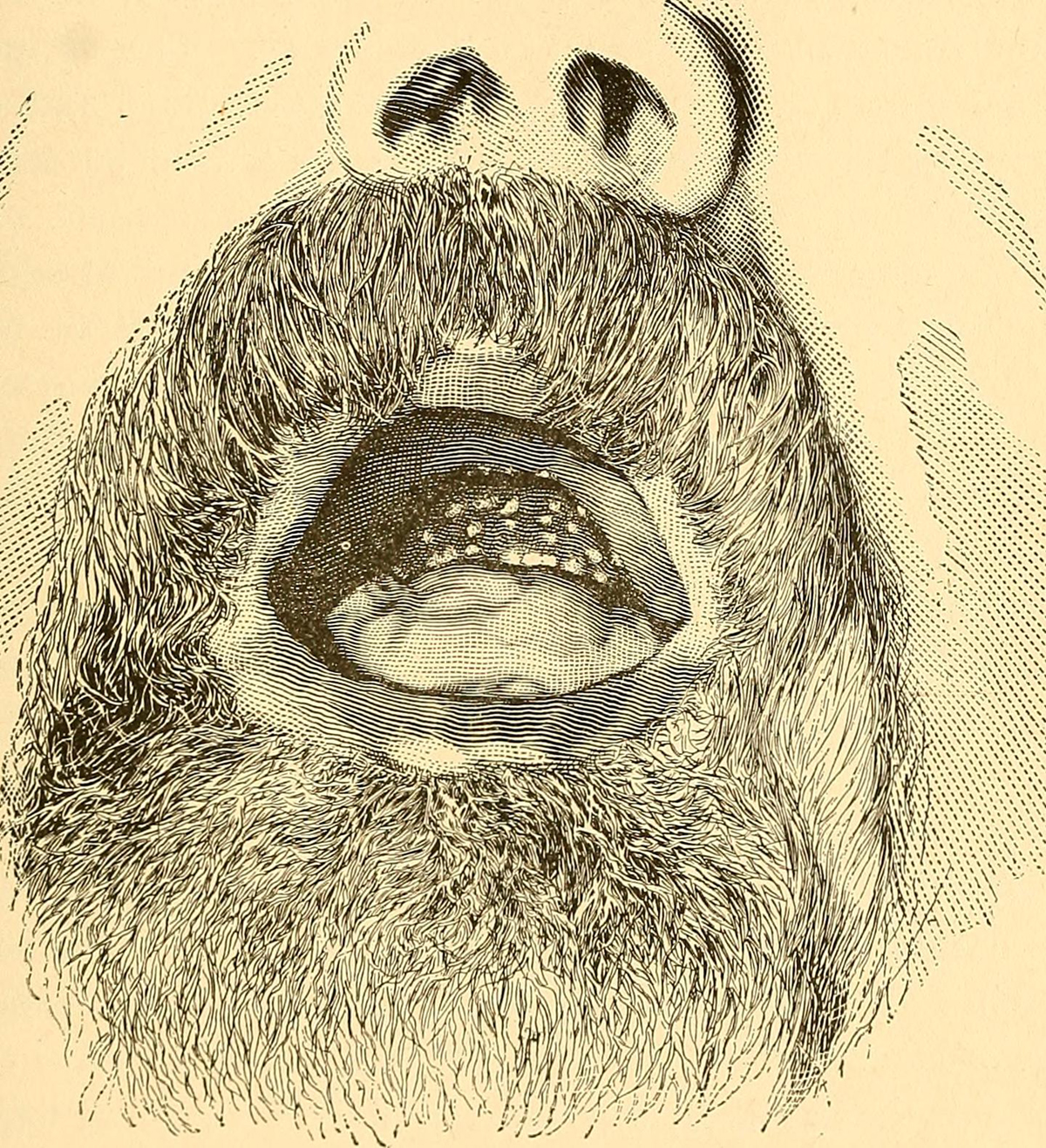
Throat Cancer-Overview
Throat cancer is a term that refers to cancerous tumors that develop in one’s pharynx,larynx, or tonsils. The pharynx is a muscular tube that beginsbehind the nose and ends in the neck. The larynx sits just below the throat andis also susceptible to throat cancer. It is made of cartilage and contains thevocal cords that vibrate to make sound when a person’s talking. Throat cancercan also affect the epiglottis.
Throat cancer occurs when cells in the throat develop genetic mutations. Thesemutations cause cells to grow uncontrollably. The accumulating cells can form a tumor in the throat.The actual cause why this happens is yet unknown.
Risk Factors
There are certain factors that might contribute to a person developing thistype of cancer. These include: excessive drinking, smoking or chewing tobacco, adiet that is low in vegetables and fruits, being infected with humanpapillomavirus, being exposed to asbestos, chewing betel quid (a stimulantcommonly used in some parts of Asia), and drinking mate (a drink from SouthAmerica); poor dental hygiene has also been linked to cases of throat cancer.
Prognosis
Throat cancer prognosis means one makes a forecast on what will be the outcomeof the disease in a certain amount of time. However, it usually depends on alot of factors like cancer stages, treatment prescribed by a doctor, etc.
The stages of cancer may be:
Stage I. In this stage of pharyngeal cancer, the tumor is small, usually lessthan an inch. It also hasn’t spread to the lymph nodes. If it is noticed intime, and the treatment starts immediately, the prognosis looks promising. Stage II. This means that the cancer has grown to a size of about threeinches. In this stage, it has not yet spread, so the prognosis is also good.The main attention is still paid to the pharynx and the larynx when it comes tothe treatment plan.Stage III. This stage means that the cancer has spread, and that it can causesevere damage to other parts of the body. The prognosis on this stage variesfrom doctor to doctor. Some think that this is still and early stage, whileothers think that it is life-threatening.Stage IV. The cancer has spread to the mouth and has damaged the lymph nodesand the neck. In this stage, the only treatment is to surgically remove theinfected part of the neck, as well as remove the entire larynx. Radiationfollows, so that any remaining cancer cells are eradicated.Throat cancersurvival rate depends usually upon the patient’s overall health, age and stageof cancer. In certain cases, survival rates will depend upon the ability ofsurgeons and the success rate of radiation. However, it has been proven thatearly detection can lead to complete recovery in ninety per cent of the cases.

















Your thoughts on this
Loading...